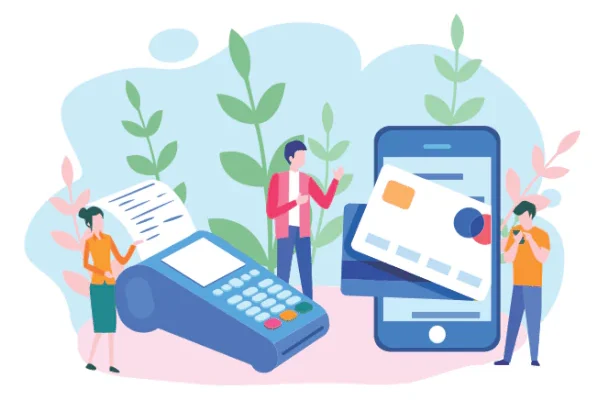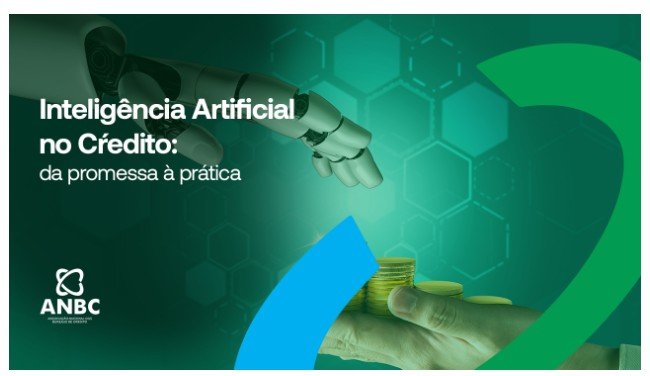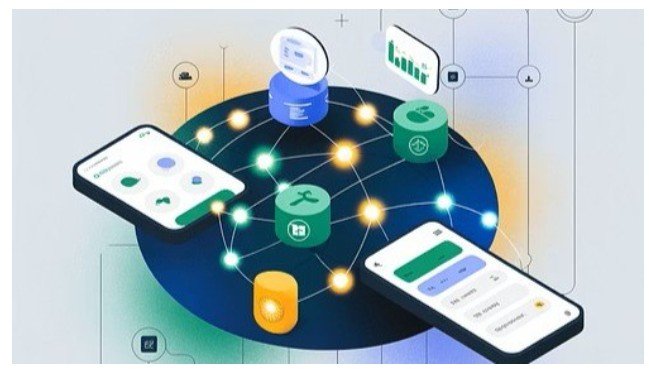The acronym ESG has entered the vocabulary of the corporate world and the specialized media for good. The popularization of the term is recent, especially in Brazil, but the concept is the result of discussions that began decades ago. This article takes up this concept and seeks to highlight the social dimension of ESG, as well as the contributions of credit bureaus to the inclusion of people on the margins of the financial system.
One credit market Efficient banks must be able to select and finance projects with the highest return and lowest risk. This increases the chances of the financing being honored over the course of the investment and boosts economic development. In the new economy, the credit market continues to assess the financial viability of businesses, but is also beginning to look at sustainability.
Environmental, social and governance criteria are increasingly present in credit analysis. This creates a powerful incentive to move forward in the new economy. In the absence of this incentive, a company's decision could be to ignore the environmental and social impacts of its activities. The adoption of these criteria is evolving towards progressive adoption. This is because there is an awareness that incorporating these guidelines into the decision-making process represents an opportunity for companies and mitigates real risks, challenging the old dichotomy between profit and other purposes. There are three attitudes of companies: paralysis/negation, following what other companies in the sector are doing and those that take the lead in the adoption process, creating a competitive advantage. In short, the three letters are the corporate world's response to the challenges of the century.
And what about the consumers and small entrepreneurs who are invisible to the financial system, unable to be analyzed by the new or old credit analysis criteria?
Talking about the ESG requires a look at these invisible people. After all, access to financial services and products is an essential condition for the full exercise of citizenship. In discussions on the subject, I have called these consumers "NoHolders", in reference to "Stakeholders". We recently looked at the evolution of banking around the world, analyzing data from the World Bank. We found that progress has been positive, but there is still some way to go.
Giving visibility to the invisible is a challenge, because financial inclusion must be done with all due attention to financial stability. In Brazil, with the regulatory improvement of the Cadastro Positivo, the credit bureau sector added to the market a contingent of millions of consumers with no information that could be analyzed. The intelligent solution was to take advantage of information on economic relationships with the telecommunications sector and other sectors to infer credit behavior, shedding light on consumers with no history with the financial sector.
So the credit bureauThrough the cadastro positivo (positive credit record), the sector has brought an S initiative through the inclusion of Noholders in the credit market, making it possible for consumers and companies to access financial products, creating economic progress and social welfare. The sector has also made it possible for consumers to access the credit note free of charge on its websites, while also providing content and guidance on financial education for conscious consumption and sustainable credit.
This is a revolution that is still underway, because the "S" in ESG has great economic potential and strengthens the social fabric - something that is fundamental for dealing with the shocks we are experiencing and others that may come.
ESG
Thanks for reading! Access other content at ANBC website.
By: Elias Sfeir President of ANBC & Member of the Climate Council of the City of São Paulo & Certified Advisor




